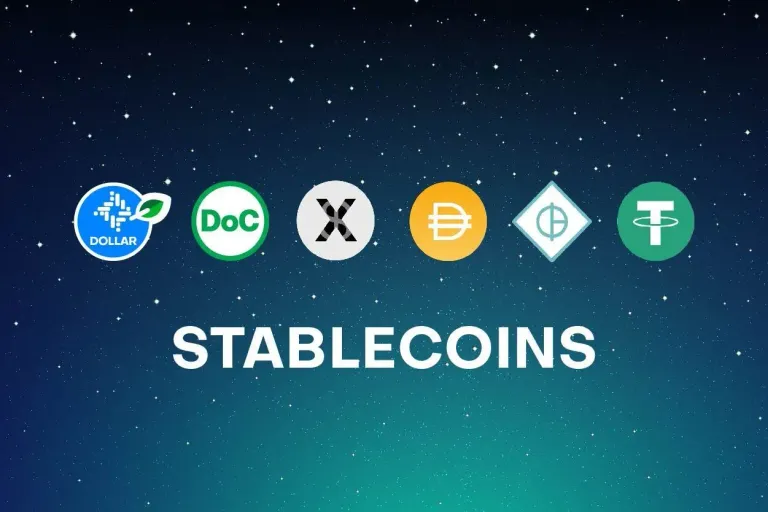In May 2024, the stablecoin ecosystem witnessed a notable recovery, with the market capitalization of these coins reaching $161 billion, registering a 0.63% increase since the beginning of the month.
According to the CCData report, this represents the highest level since April 2022, after eight consecutive months of growth.
Tether's dominance in the stablecoin market:
Despite the rebound in the stablecoin market, Tether's dominance has declined slightly from 7% in March to 6.07% this month.
This decline is attributed to the recovery in cryptocurrency prices following the unexpected approval of the Ethereum ETF in the US.
Additionally, on May 23, stablecoin trading volumes on centralized trading platforms reached a low of $829 billion.
The report noted that trading activity on centralized exchanges was at a historic low following the Bitcoin fork event in April.
Tether's (USDT) market capitalization reached a record high of $111 billion as of May 29, boosting its dominance in the stablecoin market by 69.3%.
Among the top ten stablecoins, Athena USDe's market cap rose for the fifth month in a row, rising 11.6% to $2.61 billion.
This rise is attributed to their increasing use as collateral for perpetual trading on the Bybit platform.
Circle's USDC market capitalization rose for the sixth month in a row, reaching $32.6 billion in May.
This rise coincides with increased demand, as USDC pairs recorded record monthly trading volume in March, and their market share in terms of trading volume rose for the second month to 8.27%.
USDC has benefited from increased trading activity across networks such as Base and Solana, with USDC supply on these networks rising to 9.29% on Base and 7.78% on Solana.
Central Bank Digital Currencies (CBDC):
The US House of Representatives has passed a bill banning the Federal Reserve from issuing central bank digital currencies (CBDCs), while Brazil's DREX digital currency pilot program has been postponed to 2025 due to privacy concerns, the report said.
Nigeria's adoption of e-Naira CBDCs also remains weak, with only a slight increase in transactions since its launch in October 2021.
